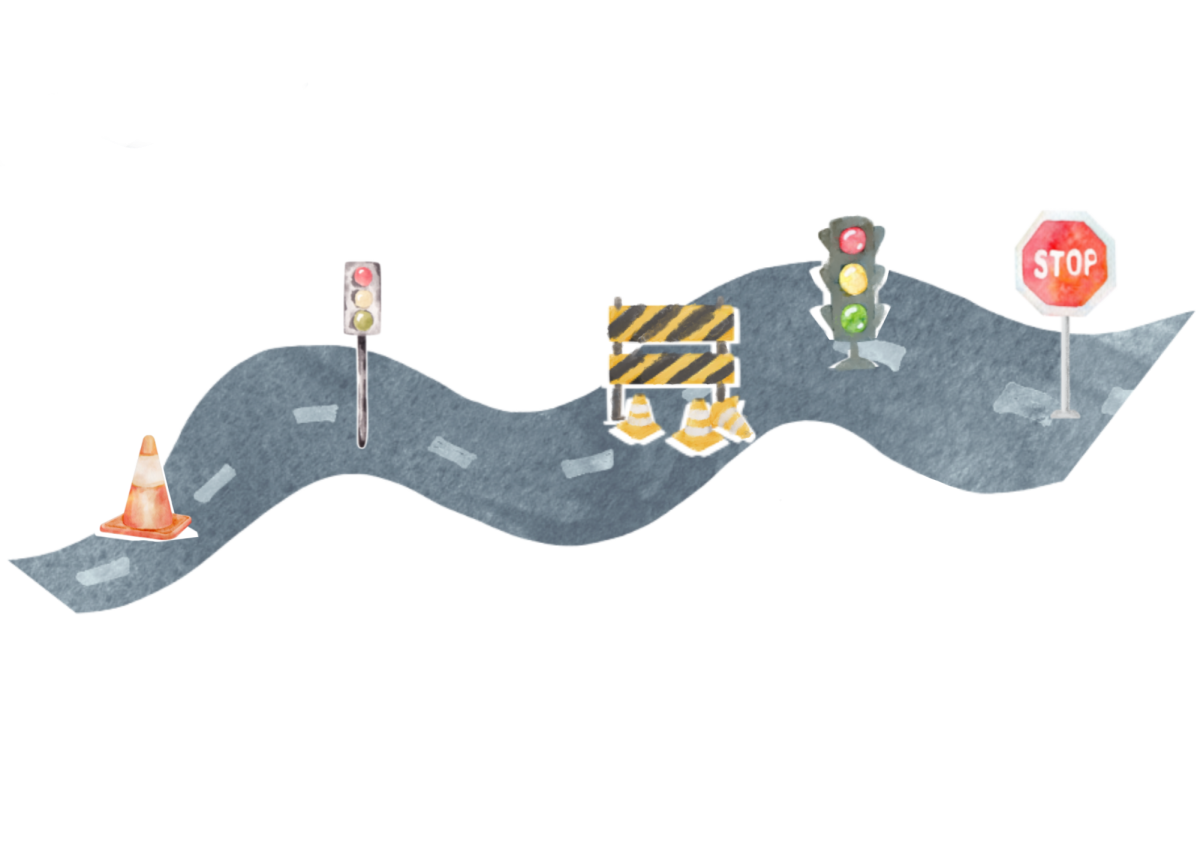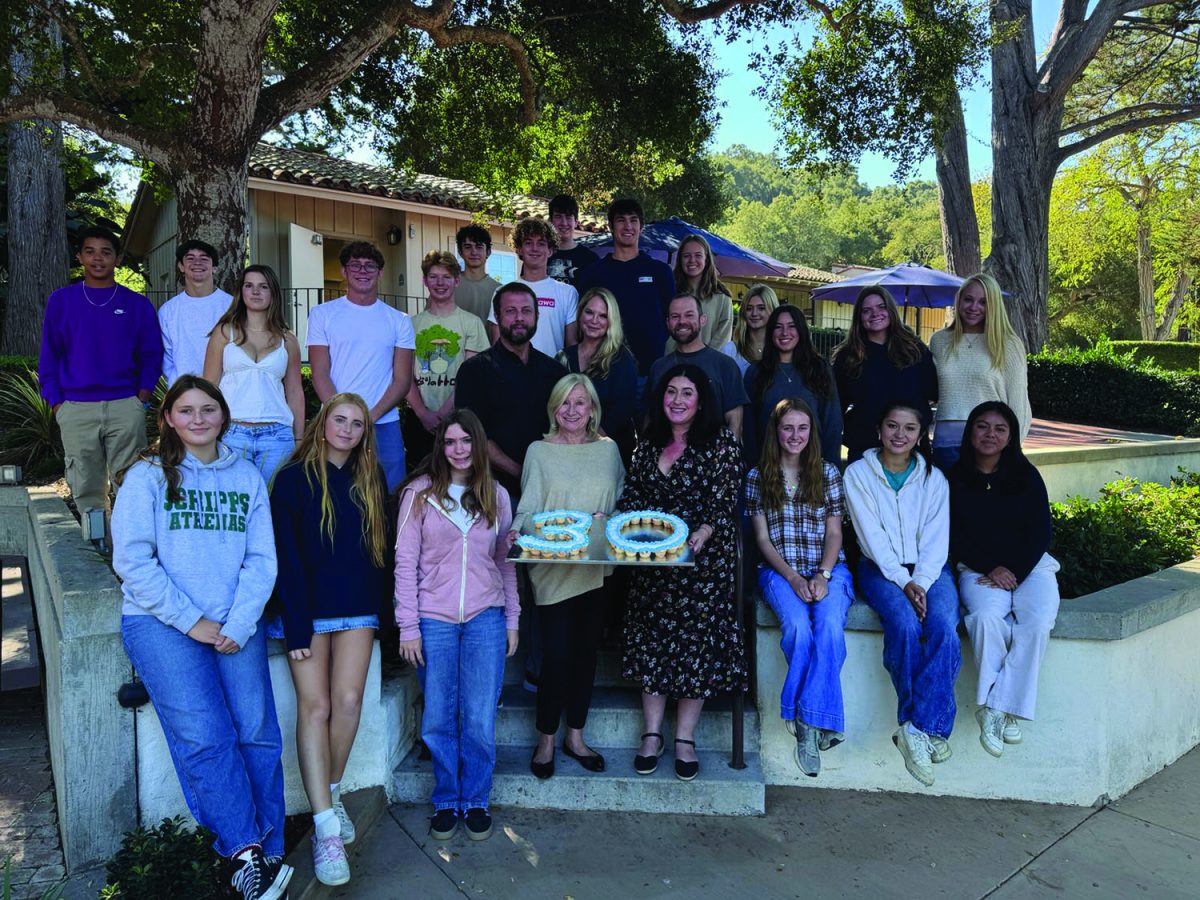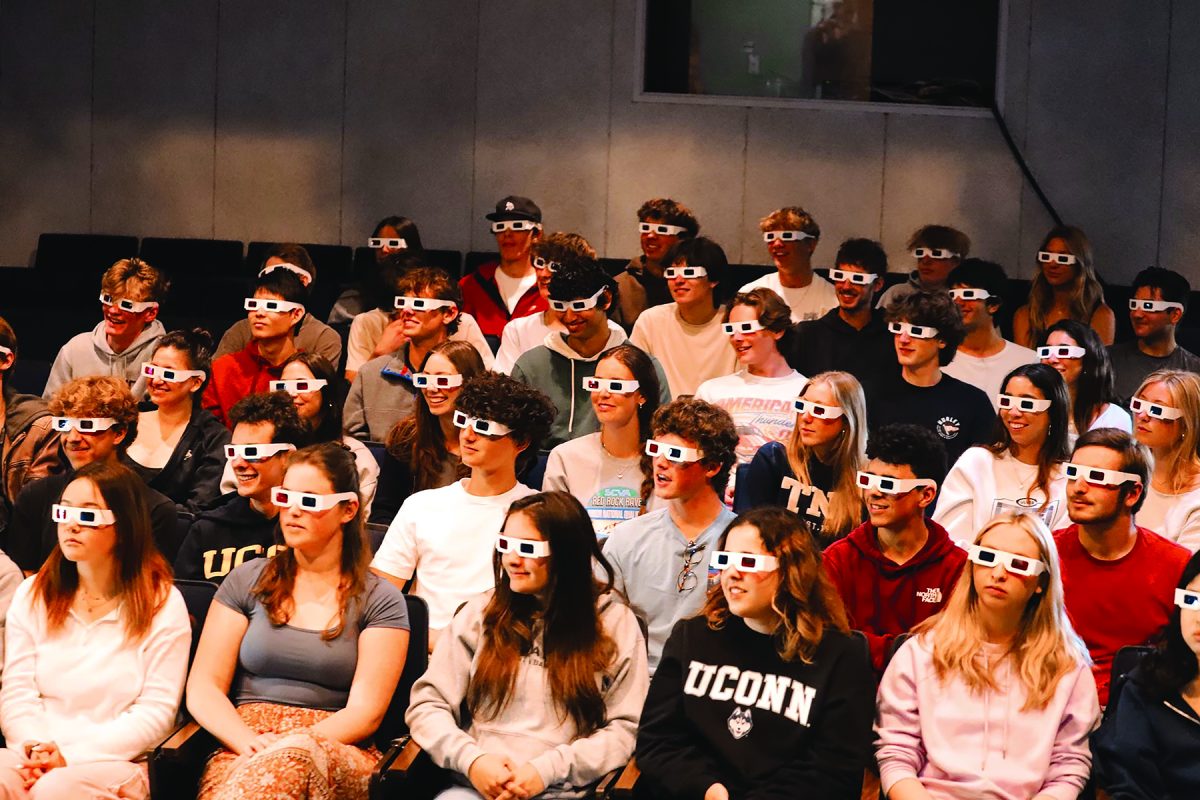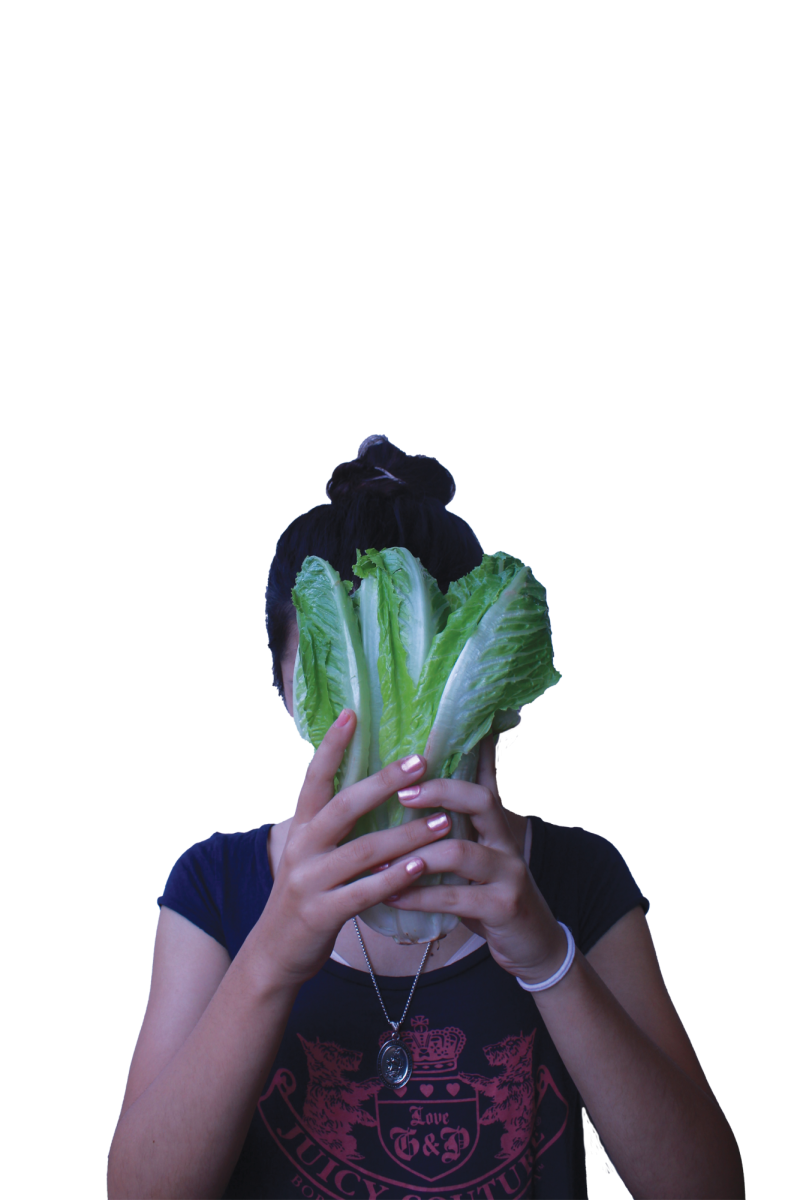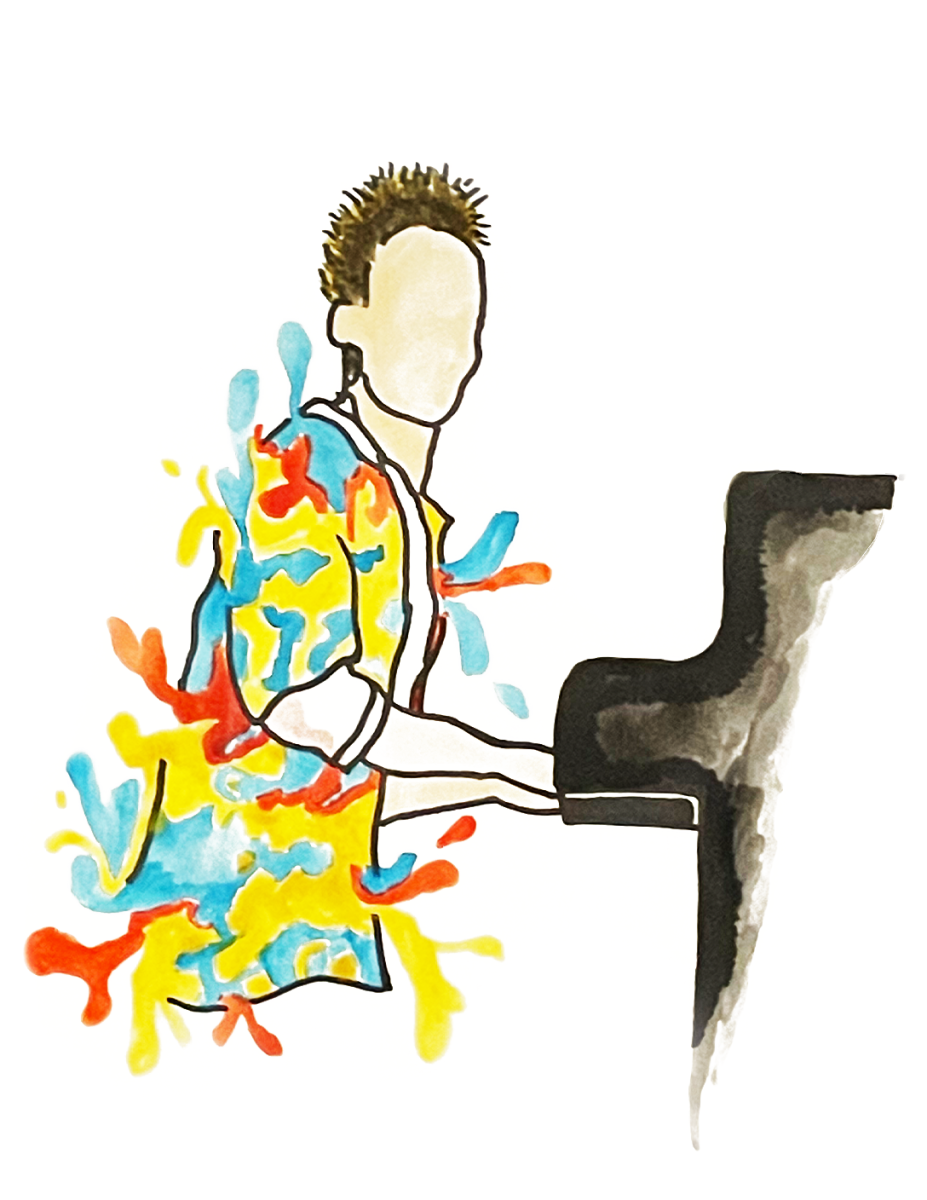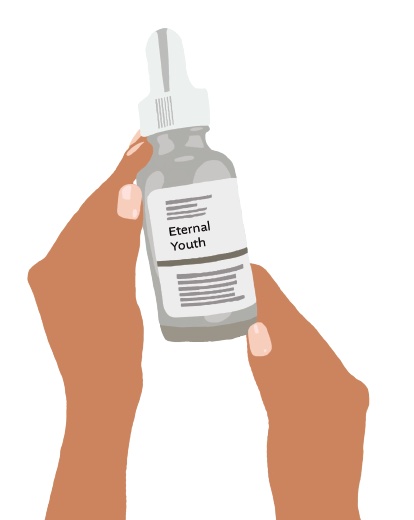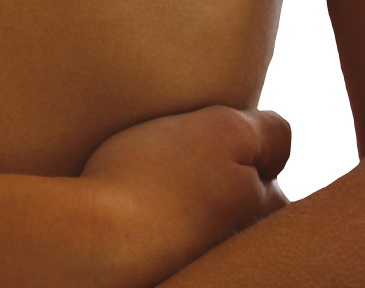
While that might be seem like a lot, this is a fairly practice among many admolescents.
Especially in the summer when students don’t have to be crammed inside studying, teens are eager to enjoy the sun.
Another factor that has led to more sun exposure is the trend in tanning. It has become common in high schools to be jealous of others tan.
This spike in sun exposure and want for tanning is what doctors blame for the skyrocketing incidents of skin cancer.
According to the American Cancer Society, almost one person dies every hour of skin cancer.
Similarly the National Cancer Institute found that skin cancer is the second most common type of skin cancer for young adults aging 15 to 29 years old.
Many people find these statistics shocking and realize how much their “harmless” actions of “fun in the sun” can hurt them. “It is stunning. I would have never expected those statistics to be that high. I mean you hear about skin cancer, but no one really wears sun screen,” revealed juniorMarisa Hutton.
It isn’t that people are completely ignoring the effects of sun exposure; most of the time people are just not educated about how deadly they can be.
With a five billion dollar tanning industry, aggressive ad campaigns, and TV shows like the “Jersey Shore,” it has become harder to adequately educate youth on the impacts of their time in the sun.
There is good news though. Skin cancer is preventable if one takes a few precautions.
The best starting point is sunscreen, and while it is a common misconception that sky-high SPFs protect you for longer periods of time this is not true. It is crucial to reapply sunscreen after swimming or sweating, as it washes off.
If you want no-fail sun protection, brands like Roxy make sun-blocking rash guards, with SPFs of up to 50.
Another available clothing choice to help protect from sun is a hat. While preferably wide rimmed, any hat that provides you with some sort of shade is better than none at all.
No one wants to be nagged by friends to put on sunscreen; they already have parents for that.
But when you are outdoors, try swapping sunscreen, and don’t forget to try and educate others. By doing this, you can protect both yourself and your friends from skin cancer.


